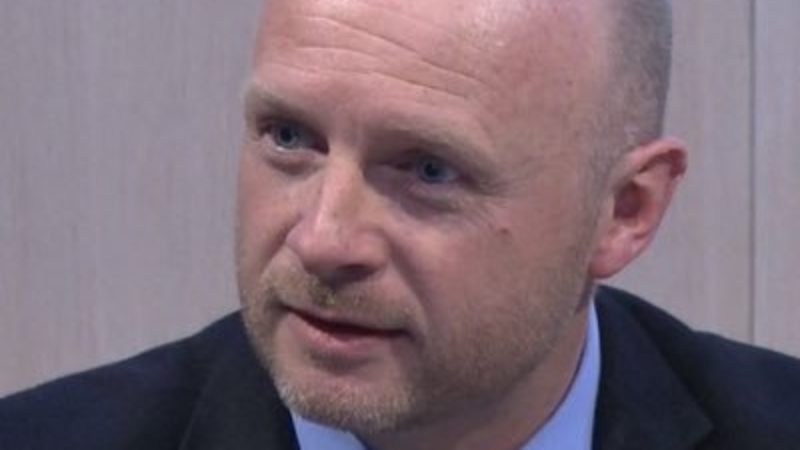

A former Labour cabinet minister has heaped praise on Jeremy Corbyn for “breaking the mould” of British politics and appeared to distance himself from the government of Tony Blair.
Liam Byrne, who served as chief secretary to the Treasury, said the New Labour government should have done more to tackle inequality, which has proved to be one of the main themes of the leadership of Ed Miliband and Jeremy Corbyn.
Byrne, now the shadow digital minister, has become a prominent Labour thinker since leaving government, having written books on entrepreneurship and China as well as chairing an all-party parliamentary group on inclusive growth.
Now he has said the economic reforms promised by Corbyn and John McDonnell could raise living standards for millions of Britons.
“I am one of the few people who have been trying to move the Labour party on from what I call the three i’s of New Labour, which was Iraq, immigration and inequality,” he told The House magazine.
“The challenge of political movements changes. New Labour’s reluctance to engage in the argument about inequality was for me the biggest reason for moving on from that phase of politics.”
When asked if Corbyn and McDonnell’s economic model would deliver prosperity, he said:
“Yes, I think it will, actually… What Jeremy has done has broken the mould.
“I think you need a different political and economic model. The manifesto that we published (at the last election) was a really good summary of a lot of the changes that were needed, and his instruction to all of us now is ‘figure out the detail’ and I’m lucky to be part of that project.”
Byrne, appointed as chief secretary when Gordon Brown was in Number 10, was pilloried for the note saying “there is no money” when he left the Treasury in 2010 but has since apologised repeatedly and profusely.




More from LabourList
Antonia Romeo appointed to lead civil service as new Cabinet Secretary
‘If Labour is serious about upskilling Britain, it must mobilise local businesses’
Stella Tsantekidou column: ‘What are we to make of the Labour Together scandal?’